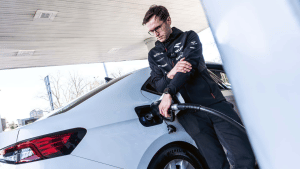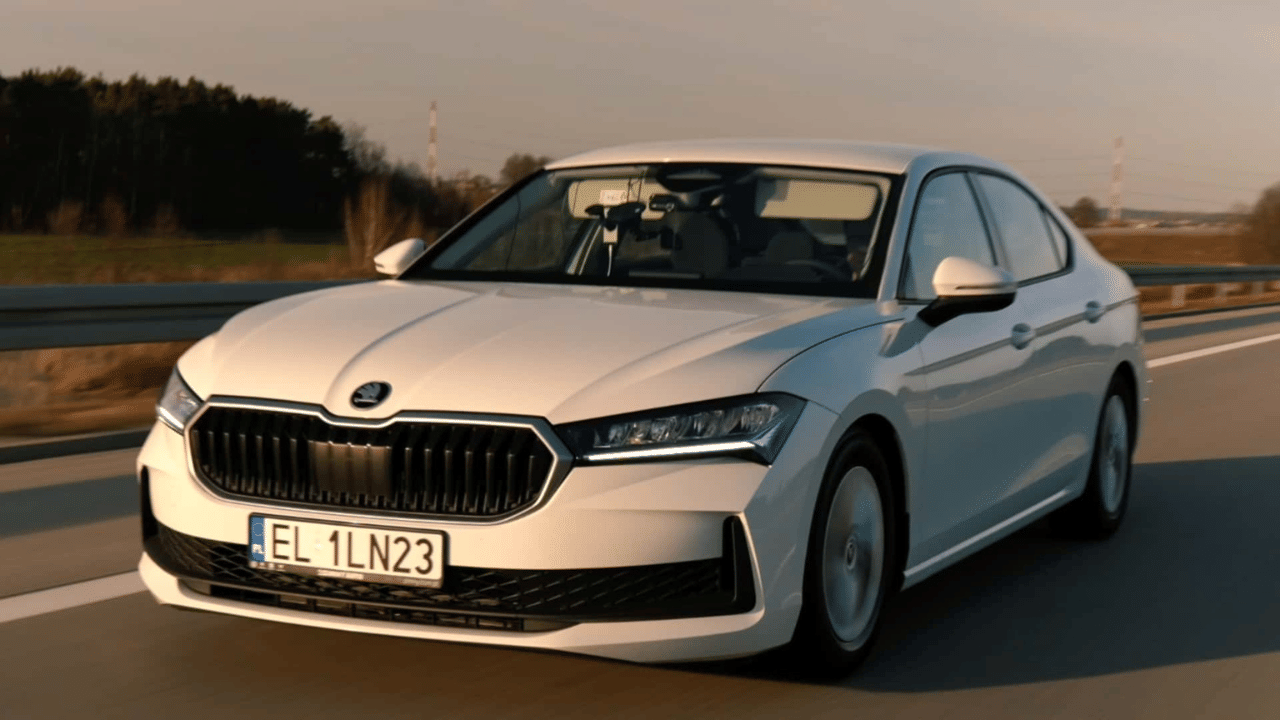New Delhi: Diesel engines are slowly disappearing, even in Europe, which was once their biggest market. In the early 2010s, more than half of the new cars sold there were diesel-powered, but after the Volkswagen emissions scandal, their popularity dropped sharply. Still, diesel engines continue to prove how fuel-efficient they can be, especially on long drives.
Recently, Skoda’s flagship sedan, the Superb, set a Guinness World Record for the longest distance covered on a single tank of fuel. The car, driven by Miko Marczyk, the 2025 European Rally Championship winner, managed to travel 1,759 miles (2,831 km) without refuelling.
How does Skoda modify the Superb for better performance?
The car used for the record attempt was mostly stock, with only minor changes. It was fitted with low rolling-resistance tyres and suspension springs from the Sportline version, which lowered the ride height by 0.6 inches (15 mm). This small change helped improve aerodynamics and fuel efficiency. Other than that, the Superb remained unmodified.
Before starting, Marczyk filled the 17.4-gallon (66-litre) fuel tank completely. To get the best mileage, he drove gently and kept a steady speed of around 50 mph (80 km/h). His route started in Łódź, Poland, went through Germany, Paris, the Netherlands, Belgium, and back through Germany. Despite being a professional rally driver used to high-speed driving, Marczyk showed great patience during the long-distance run.
Mileage given by the Skoda Superb

Miko Marczyk set a Guinness World Record for the longest distance covered on a single tank of fuel (Image credits: Skoda)
The Superb delivered an average fuel consumption of just 2.61 litres per 100 kilometres (around 90 mpg), which is much better than the official rating of 4.8 litres (49 mpg). At one point in France, thanks to a tailwind, it achieved an even more impressive 2.2 litres per 100 kilometres (about 107 mpg) over a 200 km stretch.
The car’s small 16-inch wheels and light weight of around 1,590 kg (3,505 pounds), which also helped reduce fuel use. This record proves that even as diesel engines decline, they still set the benchmark for fuel efficiency on long-distance drives.
